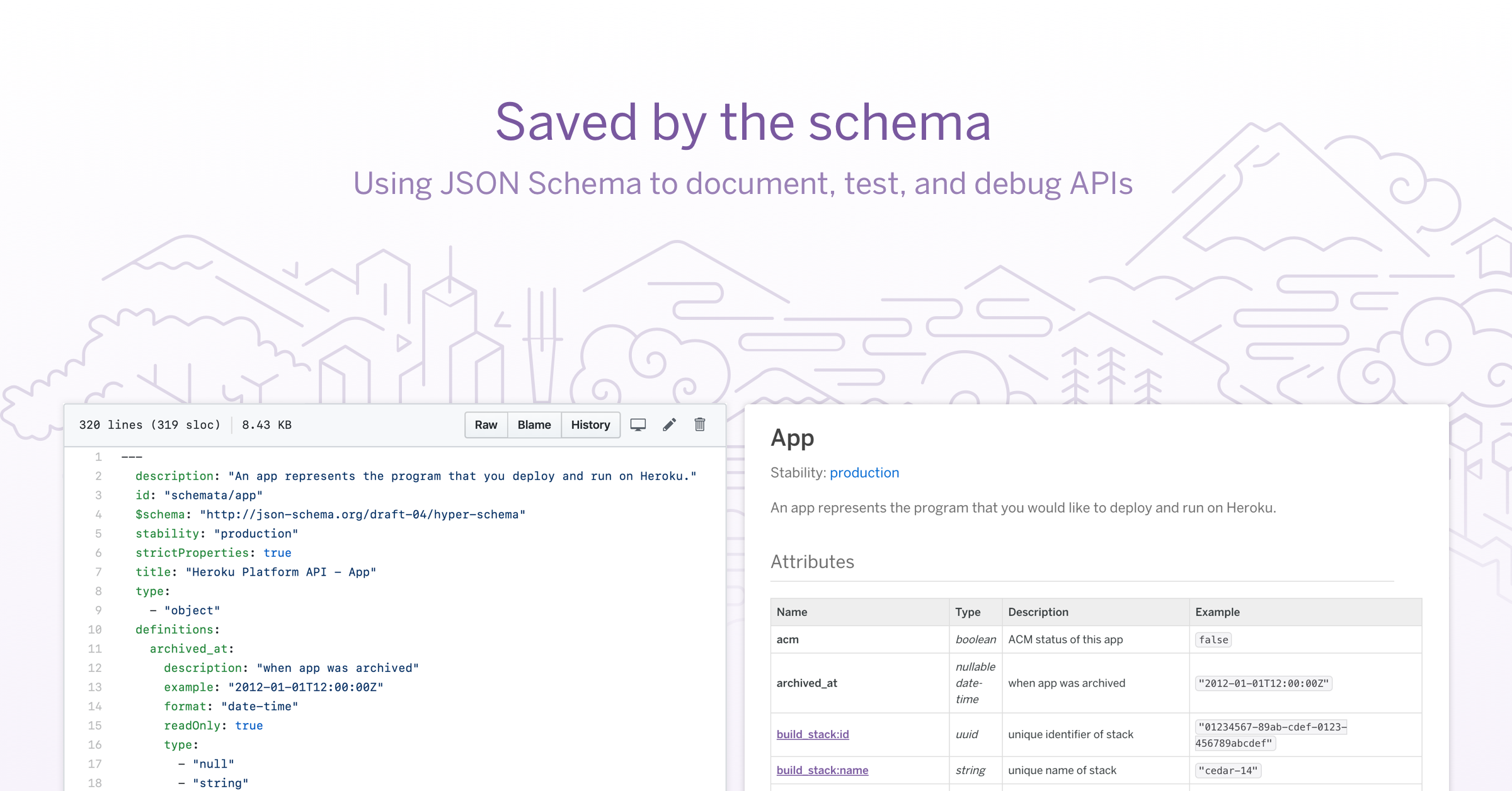For quite some time we've received reports from our larger customers about a mysterious H13 - Connection closed error showing up for Ruby applications. Curiously it only ever happened around the time they were deploying or scaling their dynos. Even more peculiar, it only happened to relatively high scale applications. We couldn't reproduce the behavior on an example app. This is a story about distributed coordination, the TCP API, and how we debugged and fixed a bug in Puma that only shows up at scale.

Connection closed
First of all, what even is an H13 error? From our error page documentation:
This error is thrown when a process in your web dyno accepts a connection, but then...
